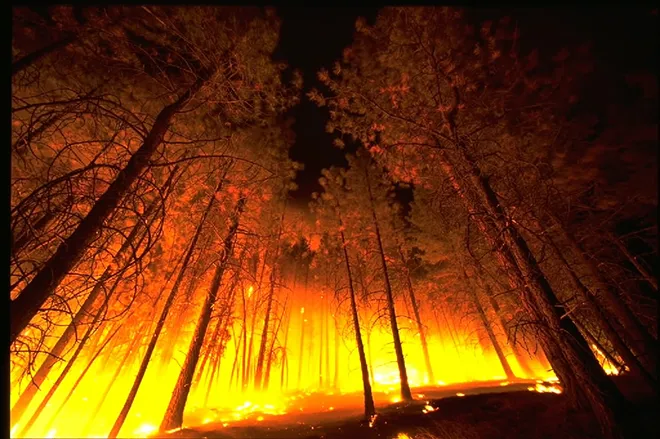
9 in 10 surveyed in Colorado, across globe back climate action
Click play to listen to this article.
Nine in ten people in Colorado and across the globe are worried about climate change and want governments to do something about it, according to a new survey, but they mistakenly assume that others do not share their view.
Anthony Leiserowitz, director of the Yale Program on Climate Change Communication, called this a perception gap.
"The average person believes that other people in their own country tend not to worry about climate change that much when, in fact, the majority of people in most countries do worry about climate change," he said.

That gap in perception has real-world policy implications. In the U.S., almost 80 percent of congressional staffers underestimated their constituents' support for reducing climate pollution, sometimes by more than 50 percentage points. Leiserowitz said helping more people understand that they are not in the minority could unlock a social tipping point that moves leaders to act.
He pointed to one example where 96 percent of liberal Democrats and 78 percent of conservative Republicans supported helping farmers protect and restore soil to absorb more carbon dioxide. But he said progress is stymied by misperceptions.
"If your perception is that Republicans are absolutely against climate policy, then many people might then conclude - especially if you're a policy maker - that we shouldn't be taking action when, in fact there's overwhelming support, even among conservative Republicans," he continued.
Decades of misinformation campaigns, aiming to protect fossil-fuel company profits, play a big role in perception gaps. But Leiserowitz said gaps also persist because any two individuals, not knowing what the other thinks, are likely to avoid topics they believe are controversial, including climate change.
"So, that leads neither of us to talk about it. Well, now expand that to 300 million people, and you can see that we start slipping down this 'spiral of silence.' Nobody talks about it, so nobody talks about it. Which means nobody talks about it," he concluded.

















